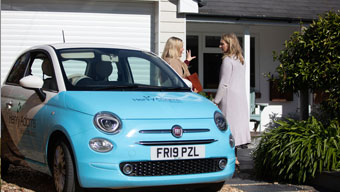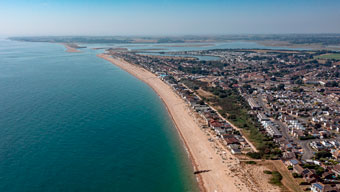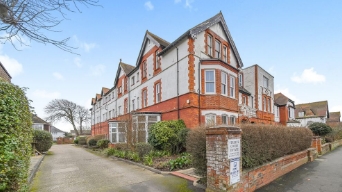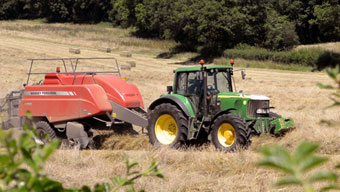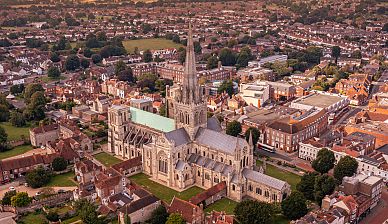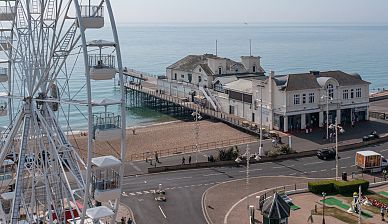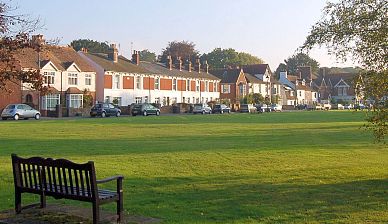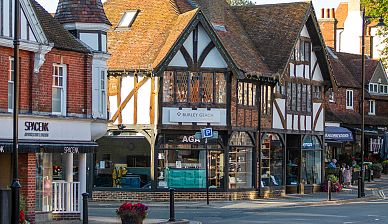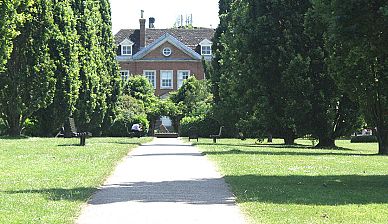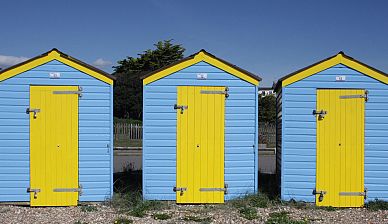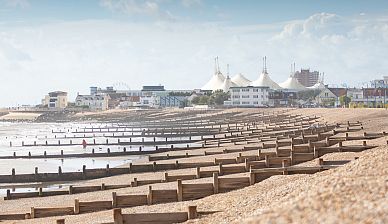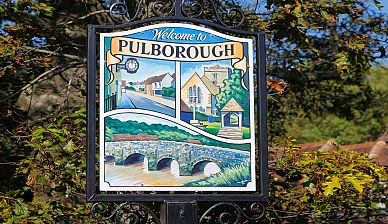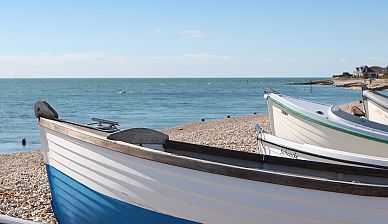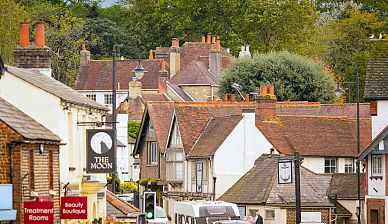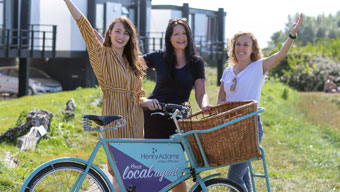Saving for your first home? Then you NEED to read this!
With helpful incentives and products especially for first time buyers, we understand that there is still the matter of a deposit to find, here are some handy tips that helped my partner and I save up our deposit to buy our first home together.
Establish a Savings Target - If you’re starting to save, work out what the basic costs are, write them down in a spreadsheet, set a timescale and make sure you work towards this every month. Set a realistic goal that you can achieve on a monthly basis.
The process of buying a house will probably cost the best part of £5000 with solicitor’s fees, mortgage application fees, stamp duty etc. so work out the percentage deposit you would like save and then add on your purchase costs.
Worried you won’t get a mortgage? If you’re worried that you won’t earn enough to get the mortgage you want, do not be put off. The likelihood is that you’ll be saving for a couple of years and a lot can change in that time. It is still worth meeting with a mortgage broker who can look at what is achievable and help advise you.
Savings are for saving! When I was younger I would ‘save’ every month but by the next payday I would have dipped into those savings to pay for bits I hadn’t budgeted for. I think we are all guilty of this but if you are serious about getting on the property ladder, you’ll need to be serious about saving too.
Instead of dipping into your savings just save less that month to pay for what you need, meaning your savings balance will never drop. You’ll be surprised at how motivating it is to see your savings continually grow.
Budget, budget, budget…
Work out what your current outgoings are:
- Monthly costs – rent, mobile phone bill, gym memberships, media, petrol, charity donations, and car finance etc. Basically anything that comes out of your account on a monthly basis.
Once identified, look at getting your direct debits right down. Pay off finance agreements on your cars / sofa / credit cards etc. to stop paying interest on the debt. By doing this, you can probably strip your monthly outgoings by a few hundred pounds a month, meaning you can save a lot more.
- Annual costs – car insurance, tax, MOT, TV license etc.
Identify the time of year that these are due. Again, do this before you start saving so to avoid taking out further direct debits/monthly costs.
Work out your annual and monthly outgoings, set yourself a social budget and take that out in cash every weekend. By doing so, you will find that you will stop overspending on your bank cards on shopping trips, nights out etc. All another move in the right direction.
Other areas we looked at to save money:
The Car Fund – when we looked at our annual costs we discovered that our cars were one of the biggest outgoings we had. So, alongside clearing our car finance debt, we set aside £500 in a car fund. Two new tyres? No worries. MOT? Sorted. Insurance? No 20% extra to pay by direct debit, thanks. We’d then top up the car fund back to £500 the next month.
Find a Good Savings Account – we just missed out on the Help-to-Buy ISA but that seems to be a good place to start. We both set up ISAs and topped them up as soon as possible so the interest we earned was tax free. With the Help-to-Buy ISA you can earn a lot more to help you on your way.
Move in with Mum and Dad – we were very lucky in that my partner’s parents were happy to take us in and for us to pay a low rent. They had a house big enough for us all, and were pleased to have their daughter stay with them for another few years, even if that meant having to tolerate me as well!
I appreciate that this isn’t an option for everybody but if you have no option other than to rent still try and save as much as you can.
When you’re ready to look for your first home we look forward
to helping you find it. If you are a first-time buyer I’d love to hear from you
– you can contact me here.
